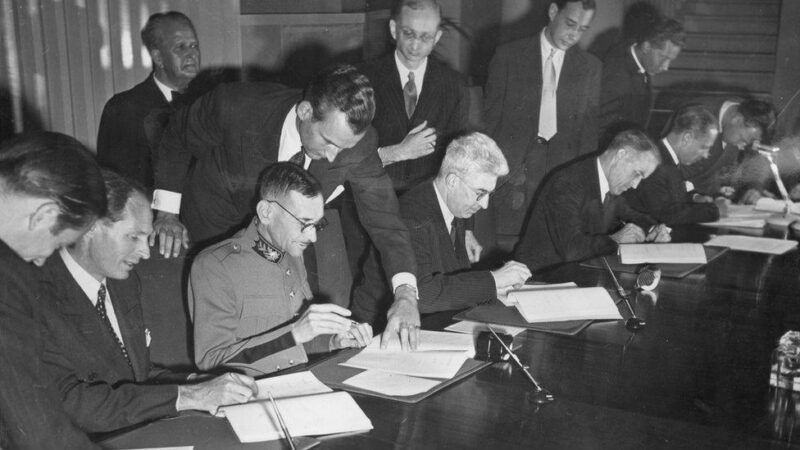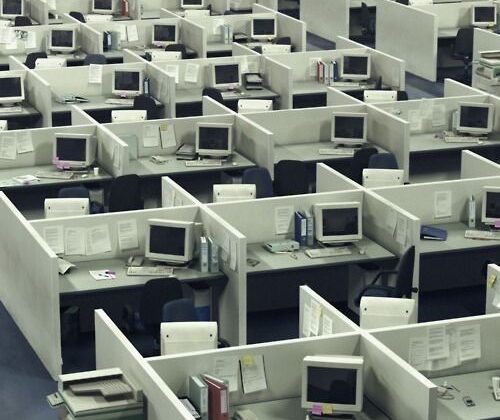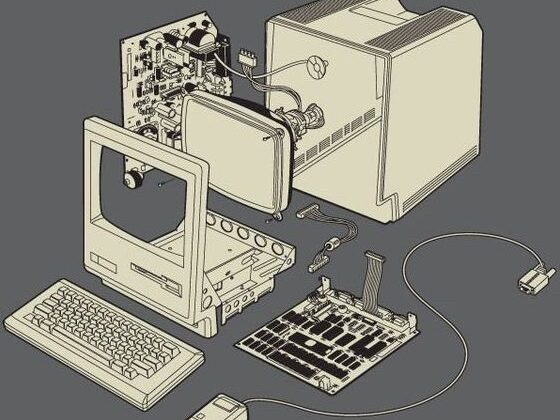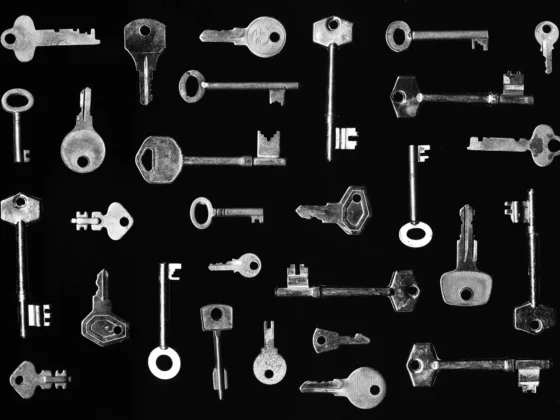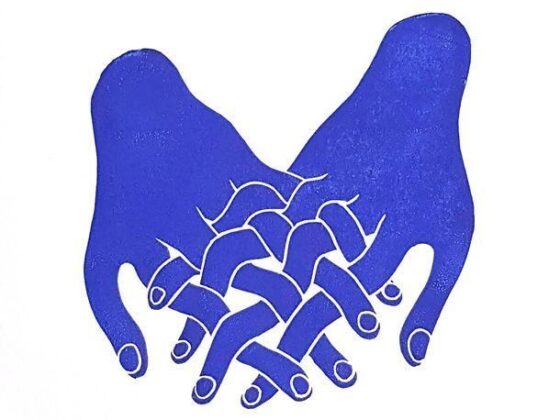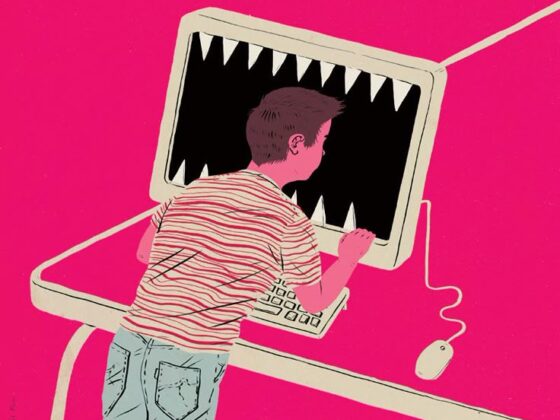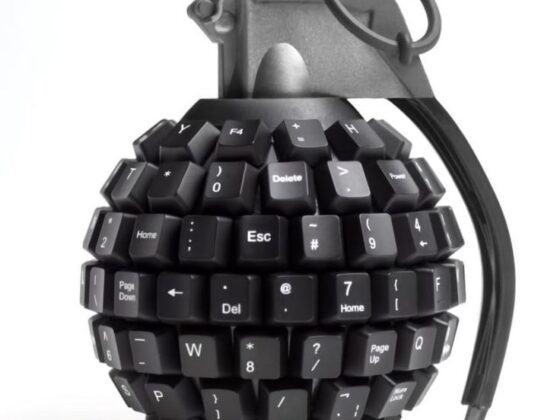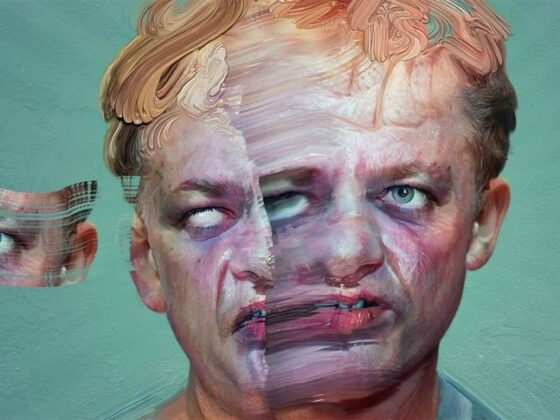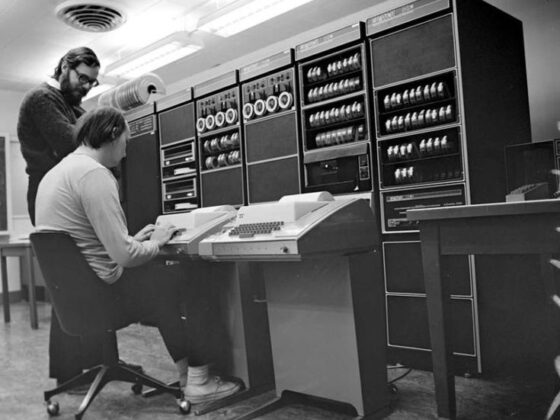We are hurtling into an era where everything is online. Not just our emails or social media profiles, but the physical world—the systems that heat our homes, regulate traffic, and keep people alive in hospitals. These devices, once isolated, are now exposed. And as history has shown, anything connected to the internet is vulnerable.
The problem isn’t just that hackers can break into a single system; it’s that entire infrastructures can be turned against us. A cyberattack on a power grid isn’t just an inconvenience—it’s an act of war. A ransomware attack on a hospital isn’t just about money—it’s life or death. And yet, there are no real rules to govern this new battleground.
That’s why a “digital Geneva Convention” isn’t just an idea—it’s a necessity. Just as international laws protect civilians in times of war, we need agreements that hold governments and organizations accountable for cyberattacks. Right now, nation-states are stockpiling cyberweapons, corporations are gathering more data than they can protect, and everyday users are left exposed. Without global cooperation, the internet—this system we’ve come to depend on for everything—could become the most dangerous battlefield of all.
The future is clear. The question is: will we protect it before it’s too late?
